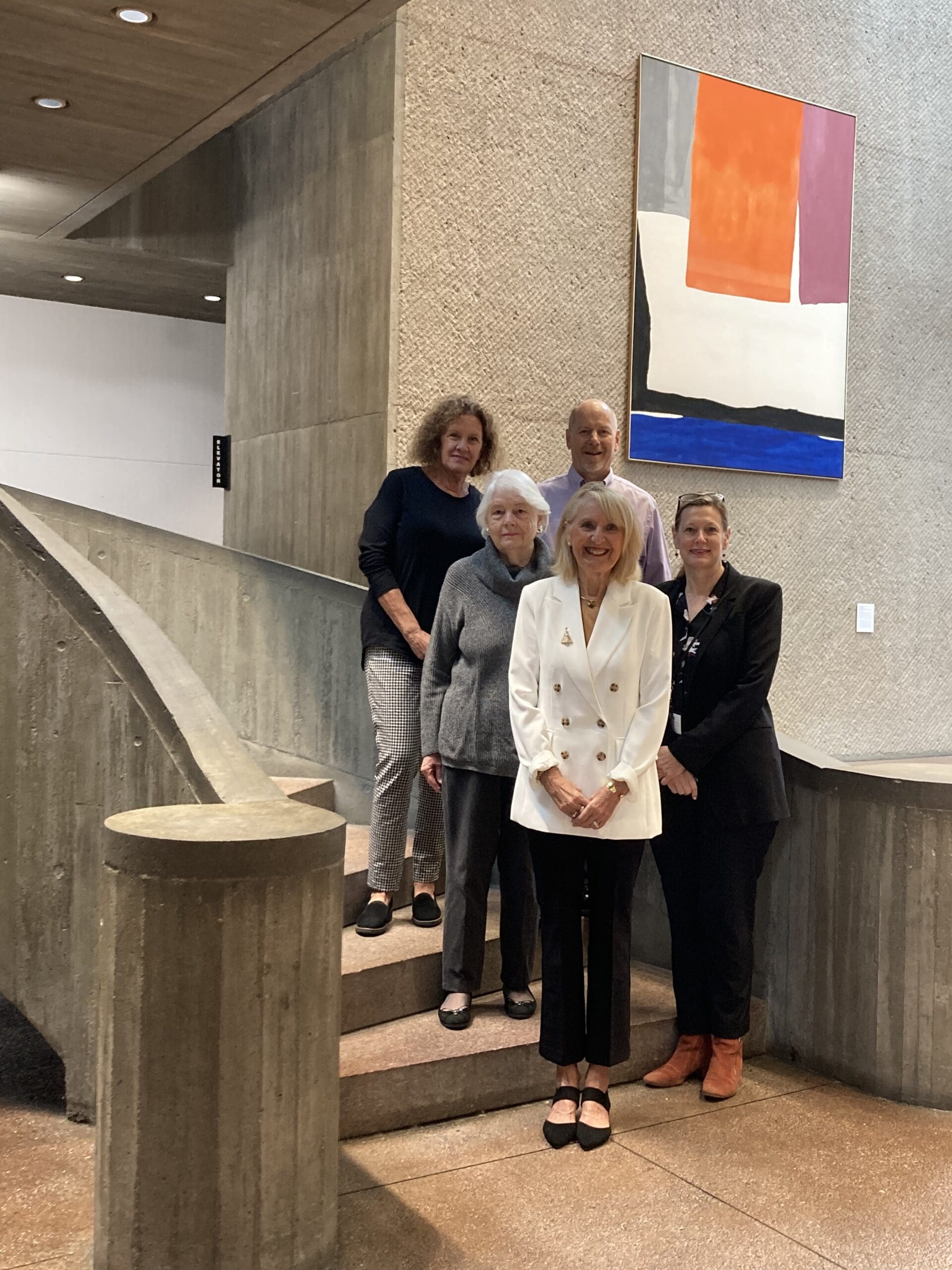By Lorna Oppedisano
Within the professional world, many women are faced with the challenges of working in a male-dominated field. Groups and individuals are taking steps to facilitate balance and equity, along with the open communication needed to turn those goals into realities.
Dr. Kristen Pfau of Fennell Street FamilyCare has recently joined one of those groups, the Agilon Health Women’s Physician Leadership Council, “an organization of women who are ‘breaking the glass ceiling’ for female physicians nationwide,” according to a press release from earlier this year.
In both her childhood and professional life in the field of family medicine, Dr. Pfau has been fortunate enough to not have faced as many hurdles simply because she is a woman as some other female medical professionals.
Thinking back to when she was a child, she credits her father as never limiting her and her sisters based on gender.
“There was never this weird gendering, this ‘don’t you do that, you’re a girl,’” she said.
As she grew up,
Dr. Pfau knew she wanted to follow in the footsteps of some other family members, including her mother, who is a nurse, and grandfather, who was a physician.
She attended Penn State for undergrad and Albany Med for medical school. Dr. Pfau remarked she didn’t feel limited by her gender at either institution. She added there was a great deal of diversity at Albany Med.
“We had people with second careers. We had moms who were coming back to medical school. So, it was a very diverse group. I don’t think I felt like there were more men there,” she said. “But I think maybe that’s unique to my experience.”
While there were other specialties, such as cardiology, that tend to be more male-dominated, her field of family medicine tended to attract more women, she said. Even the office Dr. Pfau works at now is very female-dominated, with only one male colleague among them.
When the president of her medical group nominated her to be a member of the Women’s Physician Leadership Council, she was honored to be a part of the group.
The council was created by Agilon Health, “a company that empowers physicians to transform community health, created the council to celebrate and honor women doctors across the U.S. — while raising awareness about the specific challenges they face in the healthcare system,” according to the press release.
The group first met in May in Texas, as part of a larger Agilon Health retreat.
“What I found interesting when we met for the women’s leadership council was the differences just in the practices themselves,” Dr. Pfau said. “There were some women in the group and some women who were integral in starting the council who came from much more male-dominated practices.”
She remarked that it was compelling to speak with women whose daily office environments were so different from hers. Many of the women whose immediate colleagues were mostly men shared that they tended to feel they needed to be more vocal and put a foot forward in a way their male counterparts didn’t find necessary to move toward leadership.
In terms of her own takeaway for herself and her colleagues locally, Dr. Pfau stressed the importance of networking.
“I don’t think I have some magical something to bring to the group, but I think each of our voices — bringing those experiences together to share information that helps us all grow — can help you take something away from someone else that’s helpful,” she said. “It was more just being able to meet some more people, get some more viewpoints and learn how we can grow ourselves here in the practice.”
Specifically, Dr. Pfau hopes to facilitate more opportunity for women within the FamilyCare Medical Group to meet at somewhat regular intervals to socialize and share office ideas.
Since its inaugural meeting in May, the Women’s Physician Leadership Council has met every other month virtually with a focus on leadership.
“The biggest thing that I’ve seen that has been discussed tangibly is focusing on leadership growth. If we don’t start there, then just saying ‘Go do this’ isn’t very helpful,” Dr. Pfau said, adding that women within the council have had opportunities to attend leadership skills trainings.
She shared that many women in the health care field face burnout at a higher rate than their male counterparts. To avoid that, she stressed the importance of asking for and accepting help.
“It’s those little things you can take off of your plate because what you’re doing all day long takes a lot of focus and energy,” she said. “It’s very hard to figure out that balance. I have not figured it out but it’s a constant work in progress.”
Dr. Pfau also touched on the importance of ensuring male and female colleagues make a conscious effort to view each other as equals and help each other. As opposed to falling back on habits of asking men to complete tasks, have female counterparts contribute equally, she said.
She added that it comes down to how they can help each other, regardless of gender.
“How can we help each other to take better care of our patients by learning from each other more collaboratively?” Dr. Pfau said.
By the Numbers
A new report published in Health Affairs finds that there’s a 25% lifetime pay gap between male and female physicians in the U.S. For a female physician, that adds up to a difference of slightly more than $2 million over a 40-year practice. Females also represent only three percent of healthcare CMOs, six percent of department chairs and nine percent of division chiefs according to the American Medical Association.
Data courtesy Stanford Communications press release, “Syracuse’s Kristen Pfau, M.D., Appointed to National Physician Council Addressing Challenges for Women in Healthcare”





